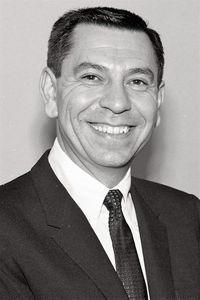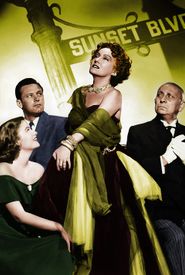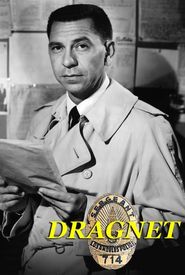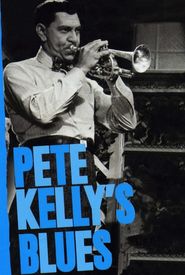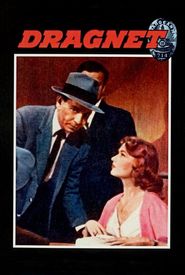John Randolph Webb was born in Santa Monica, California, to Margaret Smith, of Indian-Irish origins, and Samuel Chester Webb, a Jewish father who left home before Webb's birth. Webb was raised by his mother and maternal grandmother in poverty, which preceded the Great Depression. He suffered from acute asthma from age six until adulthood, a condition that was surprising given his later cigarette habit.
Webb's love for movies led him to pursue a career in radio, starting as a disc jockey and later as the host of a comedy show. He then created the popular radio series "Pat Novak, Private Eye" and later developed the idea for "Dragnet" after befriending a LAPD police consultant.
The original "Dragnet" series aired on radio from 1949 to 1959 and was later adapted into a television series from 1951 to 1959. The show was a huge success and was honored with satires by comedians and even Bugs Bunny.
Webb then transitioned to film direction, helming five features, including "Dragnet" and "The Last Time I Saw Archie." However, his later films were box office flops, and he returned to television in 1962.
In 1963, Webb became the Head of Production for Warner Bros. Television, but was fired in 1963 after his revision of "77 Sunset Strip" sent its ratings into a decline. After two years of unemployment, Webb was approached by Universal to revive "Dragnet" as a TV movie, which was successful and led to a new TV series, "Dragnet 1967," which aired from 1967 to 1970.
The show was a huge success and ran for three-and-a-half seasons, with Webb playing the role of Detective Joe Friday and Harry Morgan as Officer Bill Gannon. The show was known for its conservative social agenda, which was reflected in its portrayal of hippies, marijuana, and law enforcement.
Webb continued to produce successful TV shows, including "Adam-12" and "Emergency!," which became a huge hit and inspired thousands of kids to become EMTs and paramedics.
Despite his success, Webb's health began to decline, and he died from a massive heart attack on December 23, 1982, at the age of 62.
